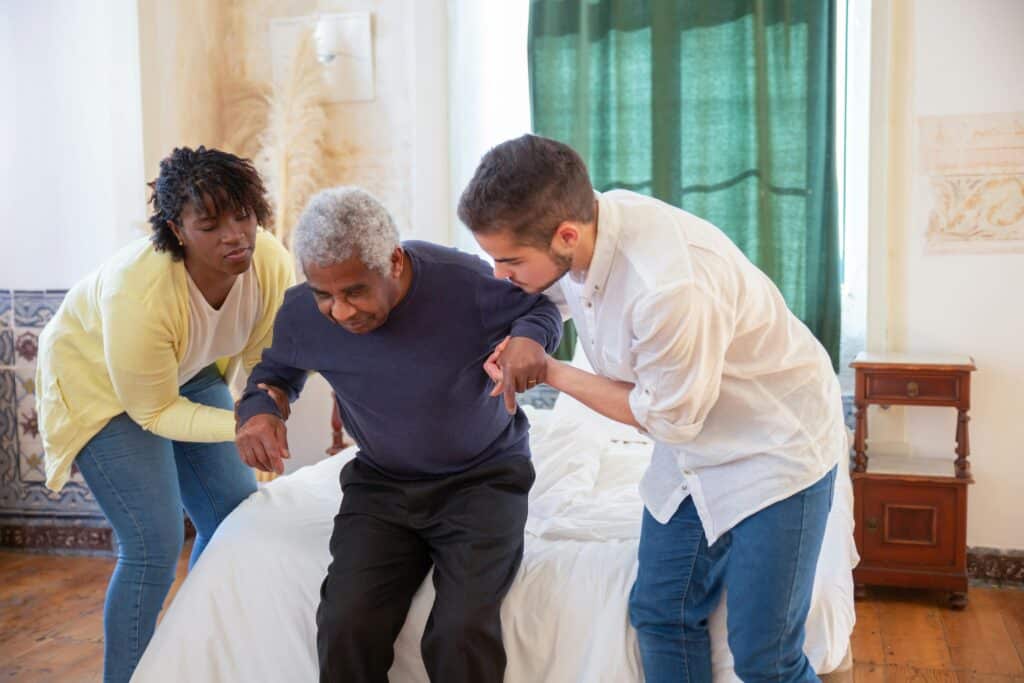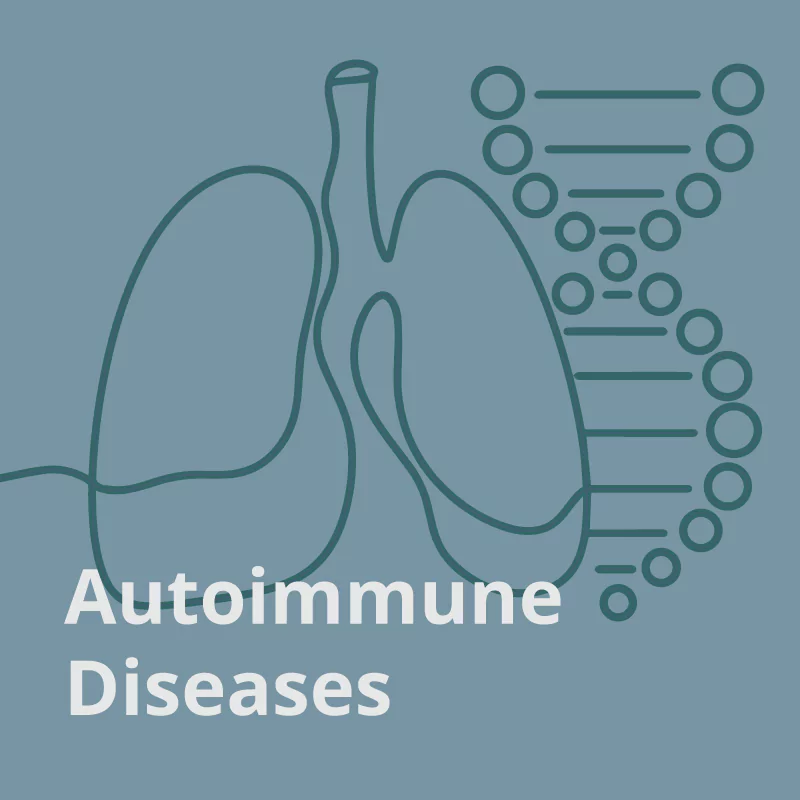Parkinson’s Disease Lawyers for Veterans

Parkinson’s disease is a neurological disorder that progressively affects the brain’s ability to control movements. It can severely impact Veterans’ lives, leading to difficulty with balance, speech, motor skills, and mental health. What makes it even more challenging for Veterans is not just the symptoms of Parkinson’s disease itself, but the battle they face in securing the disability benefits they’ve earned from the VA.
The path to obtaining VA disability compensation for Parkinson’s disease can be long, complicated, and filled with obstacles. Veterans are often left grappling with the impact of the disease, while simultaneously navigating a VA system that is difficult to understand and frustrating to deal with. Fortunately, legal representation can make a significant difference in the outcome of claims for Parkinson’s disease-related disability benefits.
This article discusses the challenges Veterans face in securing disability benefits for Parkinson’s disease, how Parkinson’s affects daily life, and how Parkinson’s disease disability lawyers can assist in making sure Veterans receive the support and care they need.
The Battle of Living with Parkinson's Disease as a Veteran
Parkinson’s disease can have a profound impact on a person’s quality of life. For Veterans, the disease is often more than just a physical challenge. Parkinson’s disease doesn’t only take away motor functions; it can severely affect the ability to work, take care of daily needs, and maintain relationships. The combination of physical and emotional effects makes it harder for Veterans to maintain independence.
- Physical Limitations: The hallmark symptoms of Parkinson’s disease include tremors, stiffness, and slowness of movement. These symptoms worsen over time, making it more difficult for Veterans to engage in physical activities. Simple tasks, such as eating, dressing, or walking, become daunting challenges.
- Cognitive Impairment: Parkinson’s disease is also known for its cognitive impact, including memory loss, difficulty concentrating, and slower processing speeds. Veterans can experience confusion and difficulty managing day-to-day tasks. In many cases, cognitive decline may worsen as the disease progresses, further affecting the ability to live independently.
Emotional Strain: The emotional toll that Parkinson’s disease takes on Veterans should not be underestimated. The progressive nature of the disease can lead to feelings of helplessness and depression. Veterans may struggle with social isolation as they are unable to participate in activities they once enjoyed. They may also experience anxiety and mood swings, which can strain relationships with family and friends.
The Link Between Parkinson's Disease and Military Service
For many Veterans, Parkinson’s disease is directly related to their military service. Certain factors in military life, such as exposure to hazardous chemicals, physical trauma, and stress, have been linked to the development of Parkinson’s disease. The most notable of these factors is exposure to Agent Orange during the Vietnam War, a defoliant that has been directly connected to the onset of Parkinson’s disease. However, not all Parkinson’s disease claims are so straightforward.
In cases where Parkinson’s disease is not connected to Agent Orange exposure, Veterans may face additional challenges in establishing a service connection for their condition. For example, Veterans who sustained head trauma during combat, training, or accidents during their service could develop Parkinson’s disease later in life, as trauma to the brain can trigger neurodegenerative conditions.
Unfortunately, proving that these exposures or traumas caused Parkinson’s disease can be a complex and daunting task. Veterans must provide detailed medical records, expert opinions, and documentation showing that their symptoms correlate with their time in service. The VA claims process requires thorough and compelling evidence to establish a service connection.
The VA Disability Claims Process: A Challenging Road
The VA disability claims process for Parkinson’s disease can be a daunting road for many Veterans. Even if Parkinson’s disease is recognized as a service-connected disability, there are still several steps that may not be immediately clear. Here are some common hurdles Veterans face:
Service Connection Complications
As mentioned, proving that Parkinson’s disease is service-connected can be a difficult challenge, especially if the disease manifested years or decades after service. The VA requires Veterans to establish a clear connection between their military service and their current condition. This is particularly challenging for Veterans who weren’t directly exposed to Agent Orange or didn’t experience visible physical injuries during service. Even for those exposed to toxins or chemicals, gathering the required evidence can be time-consuming and complex.
Medical Evidence and Documentation Gaps
One of the key components of any VA disability claim is medical evidence. For Parkinson’s disease, this can include medical diagnoses, neurologist evaluations, diagnostic imaging, and records of treatment
Unfortunately, Veterans with Parkinson’s often face difficulty gathering this information, particularly if they’ve experienced a long delay between the onset of symptoms and diagnosis. In addition, the nature of the disease means that symptoms can vary widely from day to day, making it challenging to capture the severity of the condition at any given time.
VA Rating System Complications
Once a Veteran establishes a service connection for Parkinson’s disease, the next hurdle is navigating the VA’s disability rating system. The VA uses a rating system to determine the level of compensation a Veteran is entitled to, based on the severity of their condition. Parkinson’s disease typically gets rated based on how much it affects motor functions and cognitive abilities.
That said, Veterans with Parkinson’s disease often experience more than just physical impairments. Cognitive issues, emotional distress, and a lack of independence can significantly impact daily life, yet these are often not fully accounted for in the VA’s rating system. Veterans may find that their disability rating is not an accurate reflection of their suffering or the difficulties they face in managing their condition.
Denied Claims and Appeals
If a claim is denied or rated too low, Veterans must go through the VA’s appeals process. The appeal process can take a significant amount of time, often months or even years. Veterans with Parkinson’s disease, who are already coping with debilitating physical and emotional symptoms, can find the lengthy wait unbearable. Moreover, navigating the appeals process without expert legal help can be overwhelming. Veterans are often not aware of their rights or how to strengthen their case in the appeal process.
Misconceptions About Parkinson's Disease
There are several misconceptions about Parkinson’s disease that can affect how Veterans understand and approach their diagnosis, especially when it comes to pursuing VA disability benefits. These misunderstandings not only contribute to the stigma surrounding Parkinson’s disease but can also delay the diagnosis or treatment of symptoms, as well as hinder Veterans from seeking the benefits they are entitled to. It’s important to address these myths to ensure Veterans have a clear understanding of the disease and their rights.
Parkinson’s Disease Only Affects Older Veterans
One of the most common misconceptions about Parkinson’s disease is that it primarily affects older individuals, particularly those over 60. While it is true that Parkinson’s disease is most commonly diagnosed in older adults, Veterans of all ages can develop the condition, especially those who were exposed to environmental factors such as Agent Orange or suffered from traumatic brain injuries during their service.
The average age of onset for Parkinson’s disease may vary, and many Veterans experience symptoms well before the age of 60. Younger Veterans who begin to notice tremors, muscle stiffness, or difficulty with coordination should not dismiss these symptoms as “just part of getting older.” Early intervention and diagnosis are crucial for managing the disease effectively.
Parkinson’s Disease is Just Tremors and Shaking
Another misconception is that Parkinson’s disease is simply characterized by shaking or tremors. While tremors are one of the most visible symptoms, Parkinson’s disease encompasses a range of motor and non-motor symptoms.
The disease also causes muscle rigidity, bradykinesia (slowness of movement), balance problems, cognitive impairments, and emotional changes such as depression and anxiety. Veterans may struggle with difficulty walking, memory problems, or even sleep disturbances, all of which can severely impact daily life. It’s important to recognize that Parkinson’s disease is not limited to tremors and that its effects can be far-reaching.
Parkinson’s Disease Can Be Reversed or Cured with Treatment
Some individuals believe that Parkinson’s disease can be cured or significantly reversed with treatment. While there are medications and therapies that can help manage the symptoms and improve the quality of life for those with Parkinson’s, there is currently no cure for the disease.
Parkinson’s disease is progressive, meaning that symptoms worsen over time. While treatments can slow the progression and provide symptom relief, Veterans should understand that managing Parkinson’s disease is about symptom control and improving their quality of life rather than reversing or curing the condition.
The VA Will Automatically Link Parkinson’s Disease to Service-Related Exposures
Many Veterans who were exposed to Agent Orange or suffered head injuries during their military service may assume that Parkinson’s disease will automatically be linked to their service-related exposures. While Agent Orange exposure is indeed recognized by the VA as a contributing factor to Parkinson’s disease, Veterans must still prove the connection between their military service and their condition.
This often requires strong medical documentation and expert testimony. Even with clear evidence of exposure, some Veterans may face difficulties in establishing the link or proving the severity of their condition. It’s crucial for Veterans to be aware that the VA requires substantial evidence to process claims for Parkinson’s disease, and the process can be more complex than expected.
Parkinson’s Disease Doesn’t Affect Mental Health
Another misconception is that Parkinson’s disease only impacts physical function and does not affect mental health. However, cognitive issues, depression, and anxiety are common among Veterans with Parkinson’s disease, often as a result of the neurological degeneration associated with the disease. Many Veterans experience mood swings, irritability, and difficulties with memory and concentration.
The mental health toll of Parkinson’s disease can be just as debilitating as its physical symptoms, and Veterans should be mindful of the need for comprehensive care that addresses both the cognitive and emotional aspects of the disease.
How Legal Representation Can Help Veterans
Given the complexities of the VA claims process and the challenges of securing a service connection for Parkinson’s disease, experienced legal representation can make a huge difference. Here’s how a lawyer can help Veterans:
Gathering and Organizing Medical Evidence
One of the key roles of a Parkinson’s disease lawyer is assisting Veterans in gathering the necessary medical records and expert opinions. This includes working with medical professionals who understand Parkinson’s disease, obtaining medical histories, and securing documents that can link the condition to the Veteran’s time in service. Legal experts can ensure all medical evidence is presented correctly to the VA.
Establishing a Clear Service Connection
A lawyer who is familiar with Parkinson’s disease claims can help Veterans establish a clear link between their condition and their military service. They can assist with gathering service records, identifying exposures to harmful substances like Agent Orange, and working with medical experts to prove that the disease is a result of military service.
Navigating the Complex VA Rating System
A disability lawyer can guide Veterans through the VA rating system to ensure they are accurately rated for the severity of their Parkinson’s disease. If the VA’s rating is too low, the lawyer can help gather additional evidence to appeal for a higher rating that reflects the full extent of the condition. This can ensure that Veterans receive the compensation they need to cover medical costs, therapy, and lost wages.
Representing Veterans During Appeals
In cases where claims are denied, a lawyer can help Veterans navigate the appeals process. They can review the reasons for the denial, strengthen the case with additional evidence, and ensure that the Veteran’s condition is properly presented to the VA. A lawyer can also represent the Veteran at hearings, ensuring the best possible chance of success.
Applying for Total Disability Individual Unemployability (TDIU)
If Parkinson’s disease prevents a Veteran from working, they may qualify for Total Disability Individual Unemployability (TDIU) benefits, which allow them to receive compensation at the 100% disability rate even if their Parkinson’s disease does not meet the VA’s full criteria for a 100% disability rating. A disability lawyer can assist in documenting the Veteran’s inability to work due to Parkinson’s disease and help file the TDIU application.
Taking the First Step: Act Now to Get the Benefits You Need
If you are a Veteran living with Parkinson’s disease, it’s important to act now in securing the benefits you need to maintain your health and well-being. The VA disability claims process can be slow and complicated, but with the right legal support, you can improve your chances of receiving the compensation you need.
Veterans Law Group is here to help guide you through every step of the VA claims process. Our team of experienced lawyers is dedicated to helping Veterans secure the benefits they have earned. Contact us today for a free consultation, and let us assist you in obtaining the disability benefits for Parkinson’s disease that you rightfully earned.
Related Services
Related Blogs
Not Sure If You Can Appeal? Ask Us Today.
What Other Veterans Have To Say About Us
★★★★★
The experience and resources at the Veterans Law Group provided the help I needed and because of this I am most grateful. Be patient, reach out and allow this team to work with you.
– Michael D., Philadelphia, PA
★★★★★
This was the best decision I have ever made. Thank you Kelsey and Mychell for your professionalism and attention to detail. I am so grateful for everything that you have done for me. Don’t waste time. Go straight to the best!!!
– Michele Safos
★★★★★
During my long fight with VA, Mark and his staff of excellent paralegals stayed the course, remained professional, yet aggressive during our battle with the VA Appeals system. Let’s just say, the end result was truly a blessing for me and my family’s future- THANK YOU VETERANS LAW GROUP!!!!
– Marieco Myart











